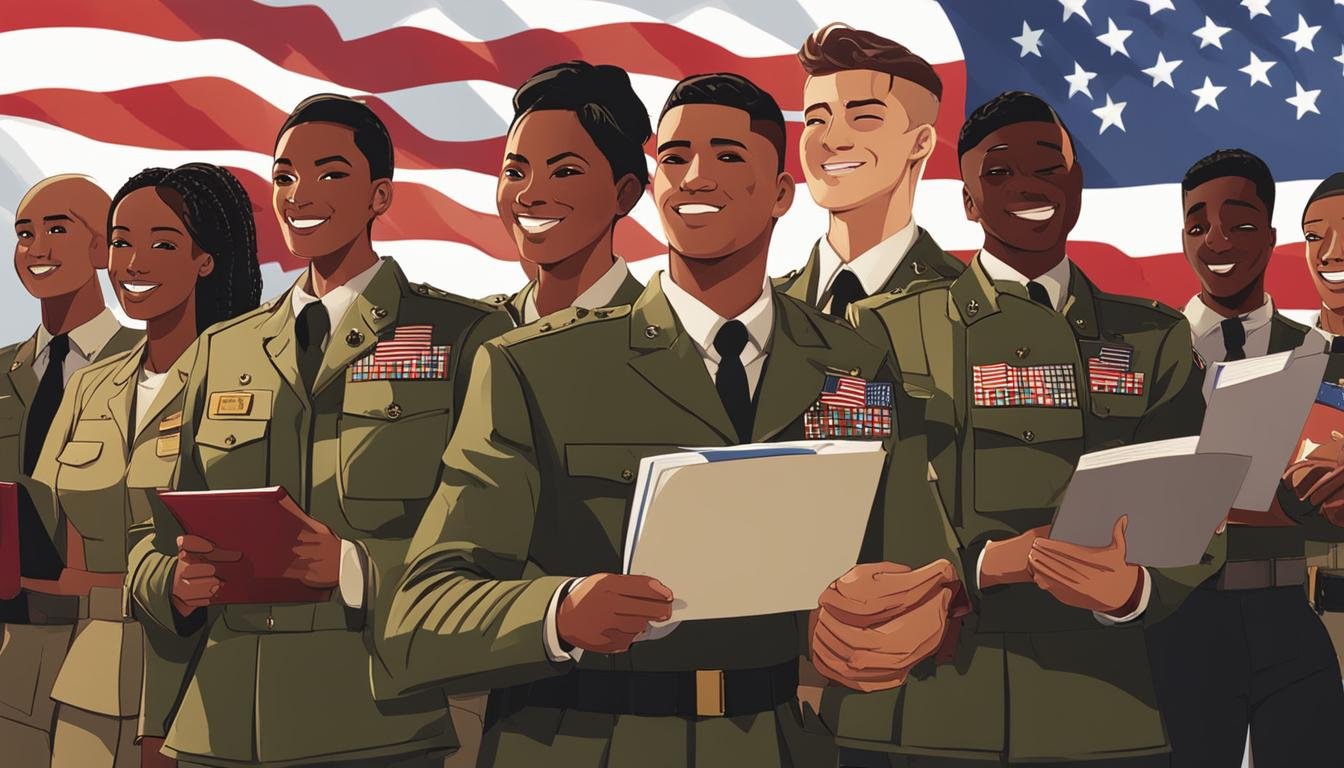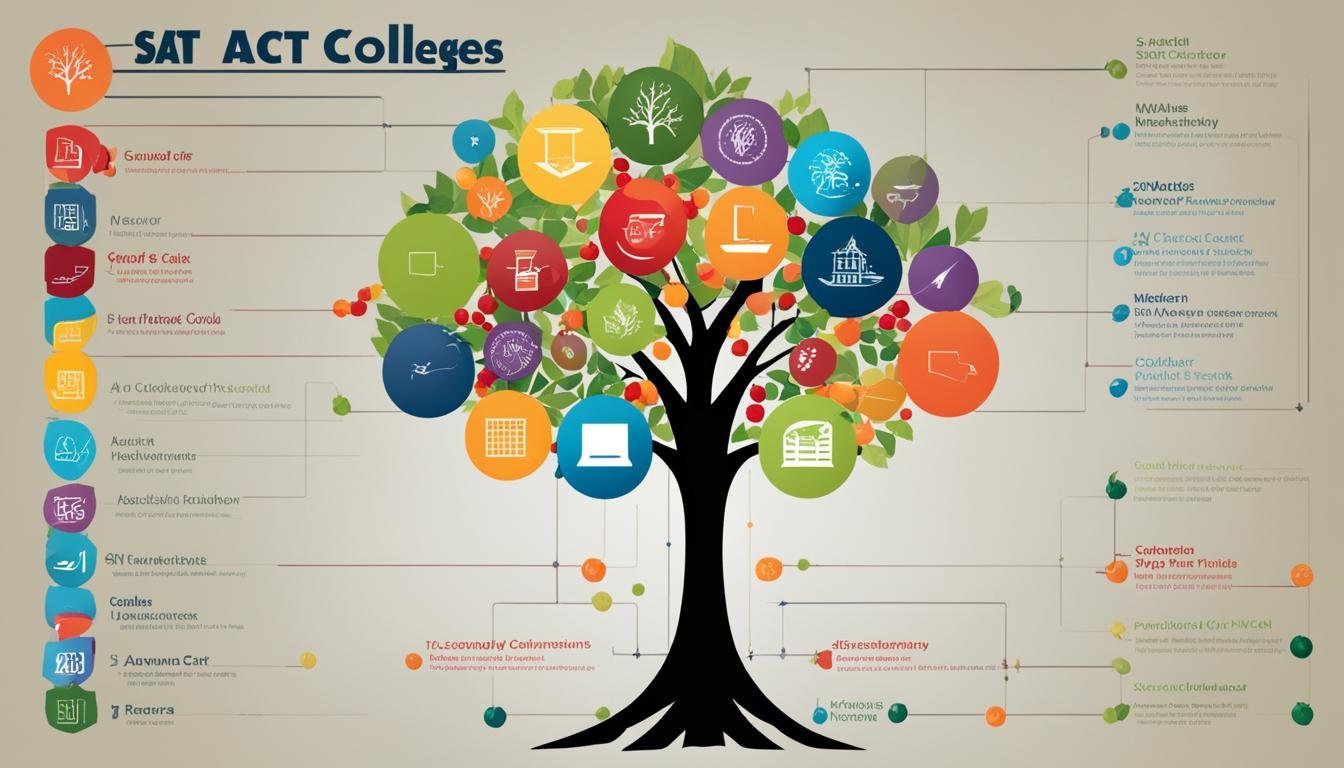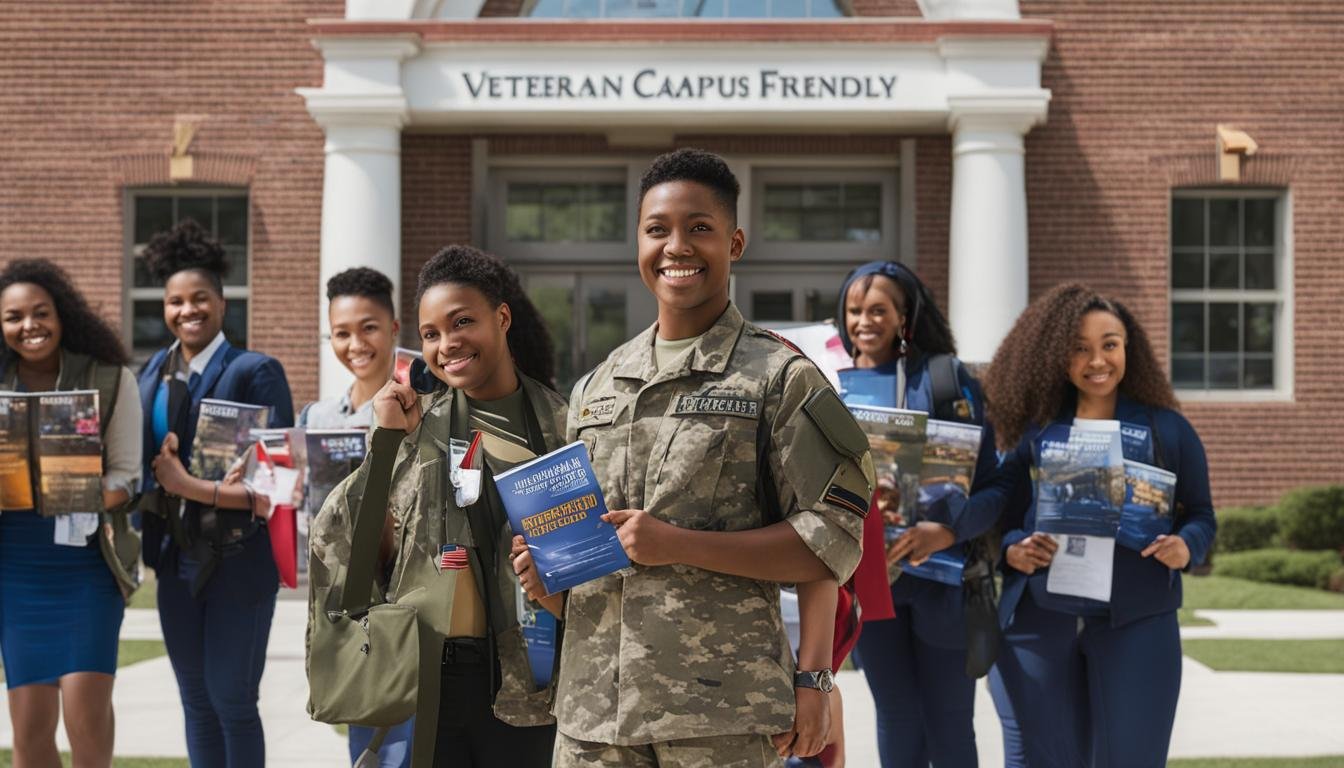The landscape of college admissions for military personnel has undergone significant changes in recent years. In the past, top-tier colleges often favored former officers in their graduate programs, resulting in few enlisted veterans in undergraduate programs. However, a recent shift in this trend has occurred due to the efforts of supportive administrators and programs like VetLink, launched by the nonprofit organization Service to School. VetLink translates enlisted veterans’ military training and experience into academic and professional accomplishments, leading to more enlisted veterans gaining admission to prestigious schools like the University of Chicago, Harvard, Yale, and Princeton. This increase in acceptance rates for VetLink applicants demonstrates that these schools recognize the capabilities of enlisted veterans and their potential for success in higher education.
Key Takeaways:
- Enlisted veterans are achieving success in college admissions, thanks to programs like VetLink.
- Top-tier colleges are recognizing the value of enlisted veterans’ military training and experience.
- The acceptance rates for VetLink applicants are often higher than those for traditional applicants.
- Enlisted veterans have the potential for success in higher education.
- Military personnel should explore opportunities and programs available to support their college admissions journey.
Inspiring Stories of Military Personnel’s College Admissions Success
Military personnel have achieved remarkable success in college admissions, proving that their background and experience can be valuable assets in higher education. One inspiring example is the story of Rodgers Otieno, who was born in Kenya and later joined the U.S. Army. Through a combination of his soccer prowess and academic achievements, Rodgers earned a full scholarship to Oklahoma Christian University and went on to complete his bachelor’s degree in psychology. After his military service, he pursued further education at Florida State University, where he obtained a master’s degree in social work. Rodgers’ dedication, resilience, and the support provided by military-friendly education programs and professors have been instrumental in his college admissions success.
“My time in the military taught me discipline, perseverance, and the ability to overcome challenges. These qualities have played a significant role in my college admissions journey. The support I received from organizations like Service to School and the guidance from veterans who had already gone through the process gave me the confidence and knowledge to navigate the complexities of college admissions successfully.”
Another inspiring success story is that of Sarah Anderson, a former Marine Corps Sergeant who transitioned from military service to pursuing a college degree. With the help of the Marine Corps’ College Assistance Program and her own determination, Sarah gained admission to the University of California, Berkeley. She completed her bachelor’s degree in environmental science and went on to work for a leading environmental conservation organization. Sarah’s military experience, leadership skills, and dedication to making a difference in the world were instrumental in her college admissions success.
Military Personnel College Admission Strategies
These success stories highlight the importance of military personnel adopting effective college admission strategies. Here are some key strategies that can help servicemembers achieve their college admission goals:
- Start early: Begin researching and preparing for college admissions while still in the military. Use resources like the Department of Defense’s Voluntary Education Program and service-specific education assistance programs to gather information and plan ahead.
- Take advantage of military-friendly schools: Look for colleges and universities that have dedicated resources and support systems for military personnel. These institutions understand the unique challenges and strengths of military applicants and can provide valuable guidance throughout the admissions process.
- Showcase transferable skills and experiences: Highlight the skills, leadership experience, and personal qualities gained during military service. Admissions officers are often impressed by the discipline, teamwork, and problem-solving abilities that military personnel bring to the table.
- Seek mentorship and guidance: Connect with current and former military personnel who have successfully navigated the college admissions process. Their advice and insights can prove invaluable in crafting strong applications and making informed decisions.
- Utilize available resources: Take advantage of programs like VetLink and Service to School, which aim to support military personnel in their transition to higher education. These programs provide mentorship, resume assistance, and application guidance to help servicemembers present their accomplishments and skills effectively.
By adopting these strategies and drawing inspiration from the success stories of fellow military personnel, servicemembers can navigate the college admissions process with confidence and set themselves up for a successful academic journey.
How Can Military Experience Benefit College Admissions?
Military experience in admissions essays can greatly benefit college applications. It shows discipline, leadership, and dedication, making candidates stand out. The skills acquired during service, such as teamwork and problem-solving, transfer well into academic settings. Admissions officers often value the unique perspectives and experiences that military veterans bring to campus.
Considerations for Military Personnel’s College Admissions Journey
When embarking on your college admissions journey as a military personnel, there are important factors to consider in order to make informed decisions that align with your goals and aspirations.
One of the challenges you may face is the transition from military life to the academic environment. This transition can be both exciting and daunting, as it involves adjusting to a new routine, learning style, and building a support network. It’s crucial to be aware of these challenges and seek resources available to make this transition smoother.
Another factor to consider is the impact of deployments or frequent relocations on your college admissions process. These unique circumstances may require flexibility and careful planning. You may need to research colleges that offer support for military personnel, such as transfer credit policies, online learning options, or flexible class schedules.
Furthermore, it’s important to assess your personal interests, abilities, and long-term goals when making decisions about pursuing higher education. Reflect on how a college education aligns with your passions and career aspirations. Consider the potential benefits, such as personal growth, increased earning potential, and expanded career opportunities.
To navigate these considerations effectively, seek guidance from college admissions offices, guidance counselors, and other individuals who have experience in both the military and college education. Their insights and advice can be invaluable in making well-informed decisions that set you up for success.



